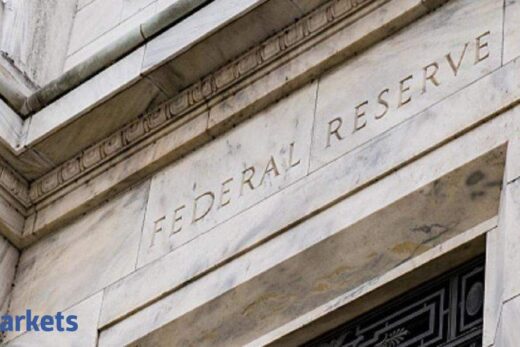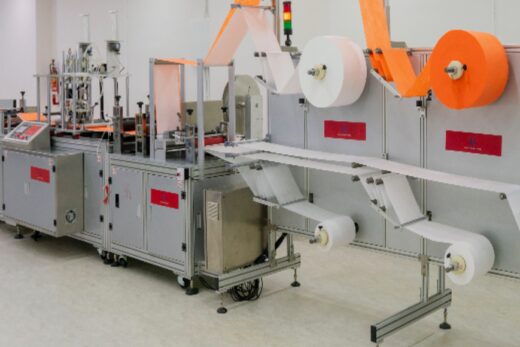Some of the healthcare and diagnostic names in your portfolio like have done phenomenally well but now the view is emerging that probably the best for hospitals and healthcare is getting over because vaccination is happening at full speed. Do you think healthcare will still get the same premium it used to get in the last one and a half years?
The whole sector has gone through a tremendous re-awakening. People have woken up to the fact that healthcare is very important both from the perspective of protection in the form of insurance and in the form of treatment. The treatment encompasses not only hospital care but home care diagnostics, pharmacy and follow-up treatment. The good outcome, if at all, of this tremendous tragedy is that there is greater awareness of healthcare and I think that will continue. It will only pick up pace as people get richer and can afford better healthcare. This is giving the healthcare providers an opportunity to scale up their operations, be more digital savvy and grow the business.
Talking about Apollo Hospitals, which is one of our portfolio companies, we see a growth runway for many years. The company has recently set up its fully-owned subsidiary called Apollo Health Co. which is going to become the omni channel digital healthcare company for the group. This is a very forward looking and even a game changing event because Apollo for the first time will go beyond its own facilities and onboard doctors around the country, provide pharmacy for home delivery. There is already diagnostics in it. So, it is a super app for the healthcare sector. For healthcare generally and Apollo more specifically, we see a 10-15 year clear growth runway.
We also spoke about which did phenomenally well and your call was right on that. Nykaa would be the next one and then Policybazaar. Some 8-10 consumer tech companies are lined up for IPOs. Is it not a case of crowding out the space? CarTrade is also in the line up. How should investors go about choosing which ones to bet on?
It is a hot IPO market right now and there is tremendous investor interest in backing IPOs. But at the same time, just like in the listed market, there are thousands of companies but probably hundreds are worth investing in. So out of 50 IPOs, maybe one or two are worth investing in for a long term investor. The investors will have to do their work of figuring out which of these companies are real businesses with tremendous growth and longevity for next 10-15 years.
These are the businesses that will list and make tremendous value and wealth for their shareholders but not every business will do that.
Among the new consumer tech businesses, on the food side, there was Zomato; on the fashion and beauty side Nykaa and on insurance side Policybazaar. This is in one way if you can overlook the valuations that they will demand at the IPO. We believe that these are businesses that will not only grow but redefine their industries for the next 10-15 years and they will be great platform businesses for investors to own. If you have Zomato, you frankly do not need to own any other F&B business in your portfolio because you have all the suppliers on one side and millions of subscribers on the other side. The same goes for insurance in the form of Policybazaar and fashion and beauty in the form of Nykaa.
On one hand, we are very excited that these companies are coming out into the public space so that investors like us can participate and on the other hand, we will have to be careful that we do not end up backing businesses that do not have the same market presence and power that they need to demand that premium valuation.
There are two very large export opportunities for India. One is export of generic pharma but it seems pricing pressure is coming back in the US market. The other one is IT. Indian IT redefined the country and its own space in the world but people termed it a clear case of body shopping. But a silent digital transformation is underway. TCS, HCL Tech and Infy are at the brink of joining the $100 billion club. How do you see these two spaces?
We are not very excited about the generic pharma space because it has become a commodity business with very little differentiation and pricing is the only differentiator. Other than volume growth, we do not frankly see value getting created there.
IT has been remarkable. I personally thought that companies like
, TCS — very large and well managed — are also a little bureaucratic and very focussed on time and material. They had not been doing too many fixed price projects or digital transformation projects and were losing out to larger international competitors like IBM, Accenture and Capgemini.
But in the last 12 months. they have got up on the digital curve and one of the reasons for that is that they are far more competitive in their outlook and their approach than the generic pharma manufacturers. The result we are seeing now is an increasingly larger share of revenues coming from real digital projects that these companies are doing. That will continue to pick up pace and there are a bunch of midcap IT companies that are reaping the benefits of that. So on the outsourced software side, the future is quite bright and we will see growth even from large companies going forward.



